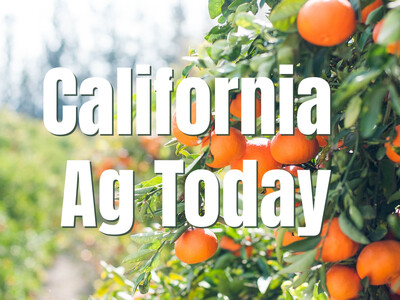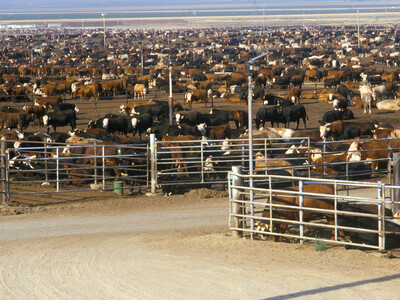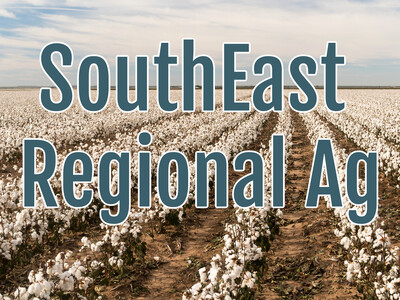Food Costs Higher, Seal Damage & Water Contamination
Food Costs Higher, Seal Damage & Water Contamination plus Food Forethought. I’m Greg Martin with today’s Northwest Report.
A new report by the U.S. Army Corps of Engineers shows that fir the first time California and Stellar Sea Lions have taken more sturgeon than salmon at the Bonneville Dam. The number of salmon taken is the lowest since extensive observations began in 2003.
A trip to the grocery store will cost marginally more according to the latest Quarterly Marketbasket Survey as conducted my the American Farm Bureau. The increase is being driven primarily by breakfast items according to Economist John Anderson.
ANDERSON: Primarily the increase was driven by a handful of items: some breakfast-related items, eggs for instance, and apples. Other than that, a fairly stable market basket. And while the quarter-to-quarter number was up, if you look at where the marketbasket value is compared to a year ago, it’s actually down a little bit. Now as we look ahead to next year we may see the effect of some production cutbacks coming into the market, but for the next quarter or two we may actually see increases in production that hold prices steady or maybe even move them down.
That in crease was only about 2%.
Residents in Spokane Valley are being asked to refrain from drinking or using water after a well malfunctioned and began pumping dirty water. Some schools in the East Valley area closed yesterday due to the lack of clean water and officials were hoping to get a handle on the malfunction as soon as possible.
Now with today’s Food Forethought, here’s Lacy Gray.
My 92 year old mom-in-law loves her bacon. So when she started hearing that bacon might soon be hard to come by she went into what could only be considered a tail spin. Economists, however , say if you’re worried about your bacon supply, you shouldn’t be. Reportedly, the rumors of a pork shortage in the coming months have been greatly exaggerated. Many economists, including American Farm Bureau economist, John Anderson, says that USDA’s projection that the U.S. supply of pork will drop around 1.3 percent in 2013 isn’t that much more than he would expect normally. According to the American Farm Bureau’s Quarterly Marketbasket Survey shoppers paid nearly two percent more for groceries during the third quarter. This increase was prompted by just a few items, such as eggs, cereals, and breakfast meats, but Anderson says that an overall market look shows a fairly stable market basket and in fact, compared to a year ago, it’s actually down a little bit. Consumers have reason to be wary of rising food prices due to the drought, but other than these few items, it really is too early yet for consumers to be feeling crunched at the supermarket checkout.
Thanks Lacy. That’s today’s Northwest Report. I’m Greg Martin on the Ag Information Network.














